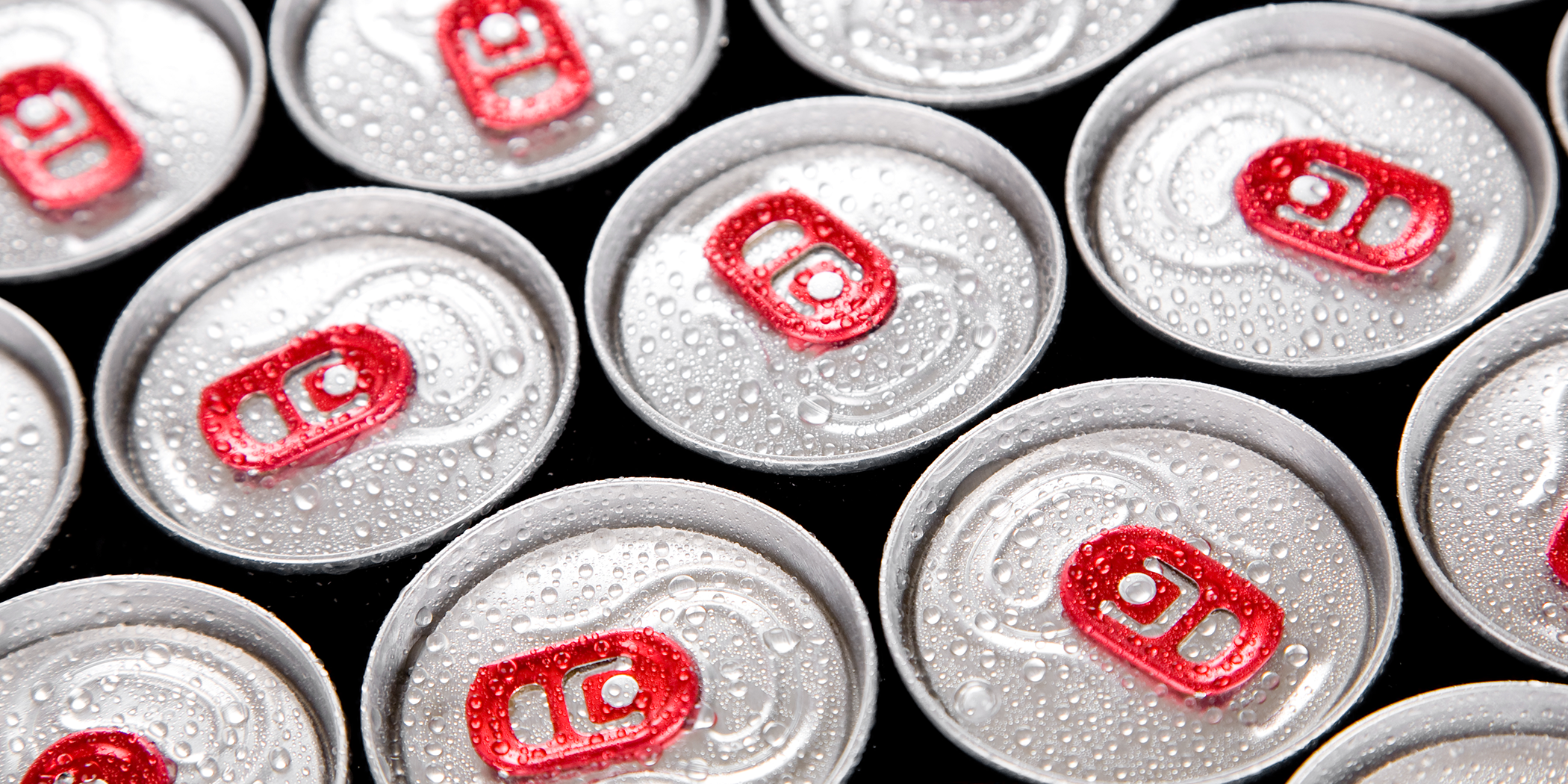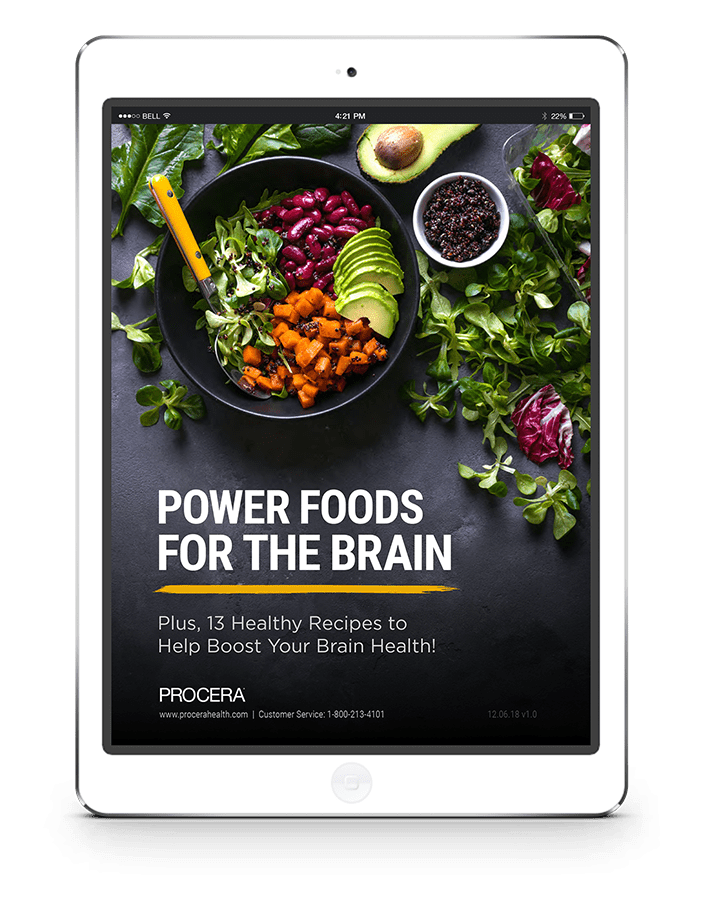
Article At-A-Glance:
- The popularity of energy drinks has skyrocketed with marketing geared toward youth.
- Active ingredients in energy drinks are at best unhealthy, and possibly dangerous to children.
- There are many healthy energy drink alternatives that not only give you a boost, but give you sustained energy.
If you think energy drinks are harmless, think again. According to Dr. John Higgins from the University of Texas Medical School, experts are beginning to weigh in on the safety of energy drinks. The results aren't good. In an interview with CNN, he made the following statement:
There's been several cases described of people that have gone into cardiac arrest after consuming more than one energy beverage, and when they've done sort of further analysis on these individuals, they haven't been able to find anything abnormal other than the very high levels of caffeine and taurine in the toxicology.
He's not the only one chiming in: the World Health Organization made a recent statement claiming that energy drinks may pose danger to public health, especially in young people. The announcement came with a list of recommendations to help regulate both ingredients as well as marketing practices within the industry.
The popularity of energy drinks has exploded in recent years, with a projected market value of 84 billion dollars by 2025. With marketing geared toward youth and young adults, a recent study showed that 1/3 of children between the age of 12-17 drink them regularly. In light of this recent craze, the question becomes, "What is so bad about energy drinks?" Let's look at some of the nutritional facts about energy drinks and healthy alternatives for natural energy.
The Dangers of Energy Drinks
What are energy drinks? What's inside? Although those brightly colored labels may look different, most energy drinks have the same active ingredients. One of the main ones is caffeine--a lot of it. As a matter of fact, some energy drinks can contain up to 100 mg per fluid ounce. To put that in perspective, that's eight times more than a regular cup of coffee at 12 mg per ounce. That level of caffeine is in of itself not necessarily dangerous to adults, but it's largely unknown what the effects may be on children and adolescents. But there are other ingredients in energy drinks as well that pose potential dangers.
The average 16.9 ounce energy drink can contains around 54 grams of sugar. That's one and a half times the daily recommended amount for men (36 grams). So if you're consuming more sugar beyond that, you could be getting somewhere around two to three times your daily recommended dose. The dangers of sugar have been well-documented, but the obvious concern is developing type 2 diabetes, not to mention many other degenerative effects on the body.
So if energy drinks are out, what then should we do? Thankfully, there are many other options for you that can give you energy and leave you feeling healthy. Let's take a look at some of these to get some ideas.
Healthy Energy Drink Alternatives
1.) Green Tea — Not only does green tea have less caffeine than coffee, it also lowers the risk of developing serious health issues. But here's the kicker: unlike coffee and energy drinks, which leave you jittery, green tea is shown to promote mental clarity and performance. Green tea is an excellent healthy energy drink to add to your daily routine.
2.) Water — When you imagine healthy energy drinks, you probably don't think of water right off the bat. But the truth is, water is perhaps the best the energy drink there is. Dehydration is actually one of the primary reasons we feel fatigued. So staying full of H20 can keep you from needing an energy drink in the first place. Keep that water bottle handy, and you should find yourself having more energy.
3.) Green Drinks & Smoothies — Think about this: a ton of your energy is spent every day on the simple act of digestion. Yes, digestion takes a lot of your body's resources. That's partly why juicing and green drinks are so popular right now. Unlike food, which requires a ton of work from the digestive tract, green drinks and smoothies can deliver nutrients straight into the bloodstream. But not only does it help your body conserve energy, vegetables like kale, spinach and parsley are packed with B vitamins. The B vitamins are the 'energy vitamins,' which help you produce glucose and in turn power the body. Green Drinks and Smoothies are healthy energy drinks that deliver tons of absorbable vitamins into your bloodstream and can give you a major boost.
4.) Vitamins/Supplements — A good vitamin supplement can be a great alternative to sugar-laden energy drinks. Due to dietary and food choice preferences, many people don't get all of the nutrients they need from what they eat. This can lead to lower energy. Many vitamins can provide healthy, sustainable energy as well as key nutrients that will help improve your overall energy and mood levels.
Choosing a Product That Will Boost Your Energy & Brain Function
There are many energy products on the market but few that support both energy and brain health without the 'crash' effect.
Procera XTF contains performance-boosting and stress-fighting ingredients that are fast-acting. B Vitamins and Rhodiola rosea help keep the body's hormones balanced while under stress and natural caffeine sourced from green tea and guarana beans provide an energy boost. This moderate amount of caffeine (comparable to one cup of coffee) works synergistically with the other ingredients to support blood circulation and deliver oxygen and nutrients to the brain. Whether you are a student, athlete or professional, Procera XTF is the smart answer for fast acting focus and energy support.








.png?width=1350&name=Procera%20Logo%20W%20Tagline%20White%20(3).png)
Comments
Add Comment